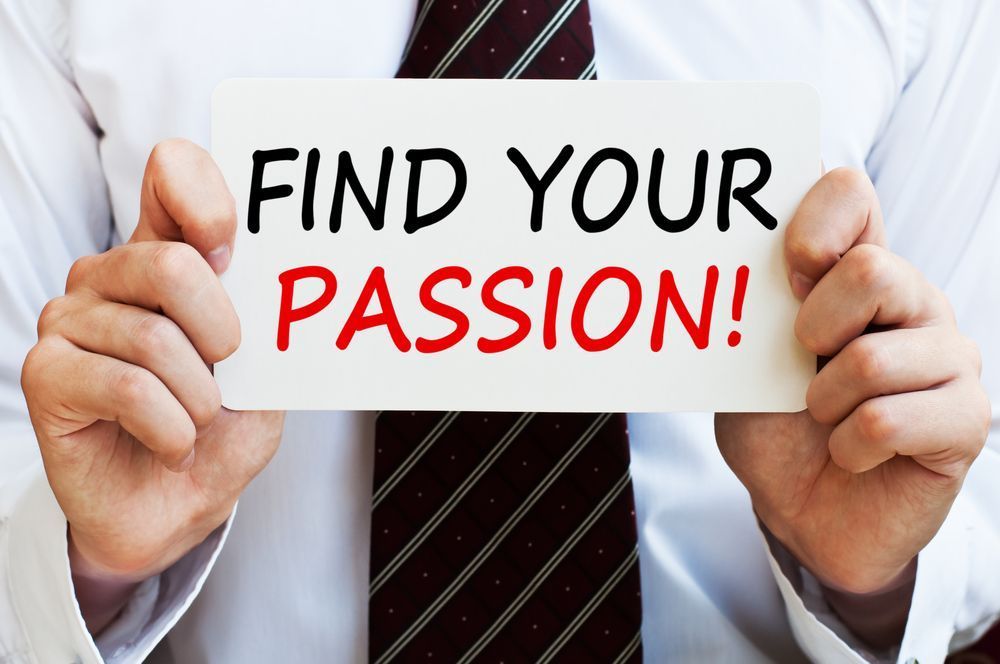This Community Connections assignment, I decided to interview my aunt, Allison Bates, who is a counsellor with years of experience and schooling under her belt, and owns West Coast Counselling Inc. She is a registered clinical counsellor with fifteen successful years of counselling individuals, couples and families — she has a sincere passion for walking people through some of the most difficult times in their life.
Counselling is the career that I would like to go in to, which is why I interviewed her for this project. Her field is what I would like to pursue, and with the advice that she shared with me, I am more confident in my journey to achieving my goals for the future and eventually establish a career similar to hers. She works with clients that are struggling with anxiety, depression, and self-esteem issues, as well as working with couples.
Another area of expertise that she works in is working with women who struggle with postpartum depression, and anxiety and their families. Allison has special training in Cognitive Behavioural Therapy, and Gottman Couples therapy. She has also served on the board of directors for the BC Association of Clinical Counsellors, which was a very rewarding and interesting contribution to the profession of counselling.
With all of this, I figured that she would be a perfect person to interview for this. Without further adieu, here is how the interview went!
- Why are you passionate about your job?
“I think that it’s an interesting career, you get to hear about people’s lives in a way that other people don’t. Sometimes, you get to hear about different types of problems people have, and you can learn from that too – from mistakes people have made. I really like learning in private practice because you have flexibility, and you can have control over that part of your life.”

2. What obstacles have you faces to get you here today?
“Schooling is a little bit challenging. It’s very long, and it took seven years of university to get where I’m at, and it was a bit of a long haul. Doing university with kids would be challenging, which is why I got my education earlier. You can work in many different types of environments. It’s a four year bachelor’s degree, and the master’s degree is another three years. You have to have a master’s degree to do that, and if you want to be a registered psychologist, you need to have a PhD.”

3. What advice would you pass on to someone interested in what you’re doing?
“There’s different paths of getting here, when I was starting out, I just wanted to do counselling. I wasn’t sure of how I would do that, because now there’s different ways of doing that. It’s a bit confusing for people who are asking for help, because there are counselling programs like: ’10 month program to become a counsellor’. Now, if I wanted to do a PhD, I’d have to redo my master’s because my university doesn’t have a PhD. You might want to wait to get a post secondary education, go to a university like SFU, UBC, UVIC, etc.”

4. What have you learned from your time in this profession?
“I think it’s good to have an area that you want to work in. I work with depression, anxiety, and couples. Of course I work with other things, but this is what I prefer to work with. You have to have balance with your emotions and your other client’s emotions, which is why I have private practice, because I can choose who I want to work with. If you work in an agency, you have to work with what you’re given. There’s compassion fatigue, being the giver, so you need to make sure you take time off and do things in your own life.”

5. Have you always wanted to be in this profession?
“I wanted to be on the news, but I also wanted to be a counsellor. I applied to be a news anchor when I came out of high school, but I didn’t get in because I wasn’t up on my current events. I didn’t want to wait, so I applied to UBC and I got into their psychology program.”

6. What is most challenging about your job?
“It’s hard not to be able to help people. Sometimes people aren’t ready and they have so many barriers up, and sometimes you cannot help, which requires other people’s help. There’s also a lot of paper work, and we need to write a lot of reports, especially if someone has been arrested for something previously. It can be difficult sometimes, if that’s going to help them or not in accord. Incase something happens with a patient, I do have a panic button under my desk, but luckily, I haven’t had to use it.”

7. Would you be open to further contact from Riverside students, and if so, how can someone contact you?
No thank you.
What I took away from this assignment
Counselling is a profession I want to go in, but after hearing her responses to my questions, I understand that it’s a lot of responsibility and it can be quite draining if you don’t focus on your own mental health as well. Not only that, it takes a lot of schooling as well. Despite that fact, I am still interested in pursuing my dream of being a counsellor, and I am willing to do whatever it takes for me to reach that dream.
I have learned lots about this profession due to this interview, and I’m glad that I decided to interview my aunt for it. I look up to her for many reasons, and this interview just added on to the list of reasons why I look up to her and appreciate her.
I am curious of how my goals will play out, but I am excited to try to reach them. I have started creating a plan that will carry me to achieving these goals, and I hope to one day be a counsellor like my aunt.

Thank you for submitting your Community Connection assignment for COL. We have reviewed your Edublog post, and have the following observations regarding your work:
– Great job interviewing someone and seeking out information regarding their expertise, however, the person you interviewed should not have been a family member or close friend, the purpose of the assignment was to establish or build on a new or limited connection you had, regardless the assignment was well done!
– To further the connection, try and get commentary on the post, such as sharing it with the individual you interviewed, and see if they will leave feedback
– Way to incorporate your answers on your edublog
Thank you,
Mr. Barazzuol and Mr. Robinson
COL Teachers
Thanks!